What do we find in the LSE Library and Women’s Library archives and special collections if we look for the earth? LSE Library curator Daniel Payne picks 5 key items from the Library’s current exhibition, ‘‘Clothing this Naked Earth’’: Politics and the Planet, which is open until 20 August 2023.
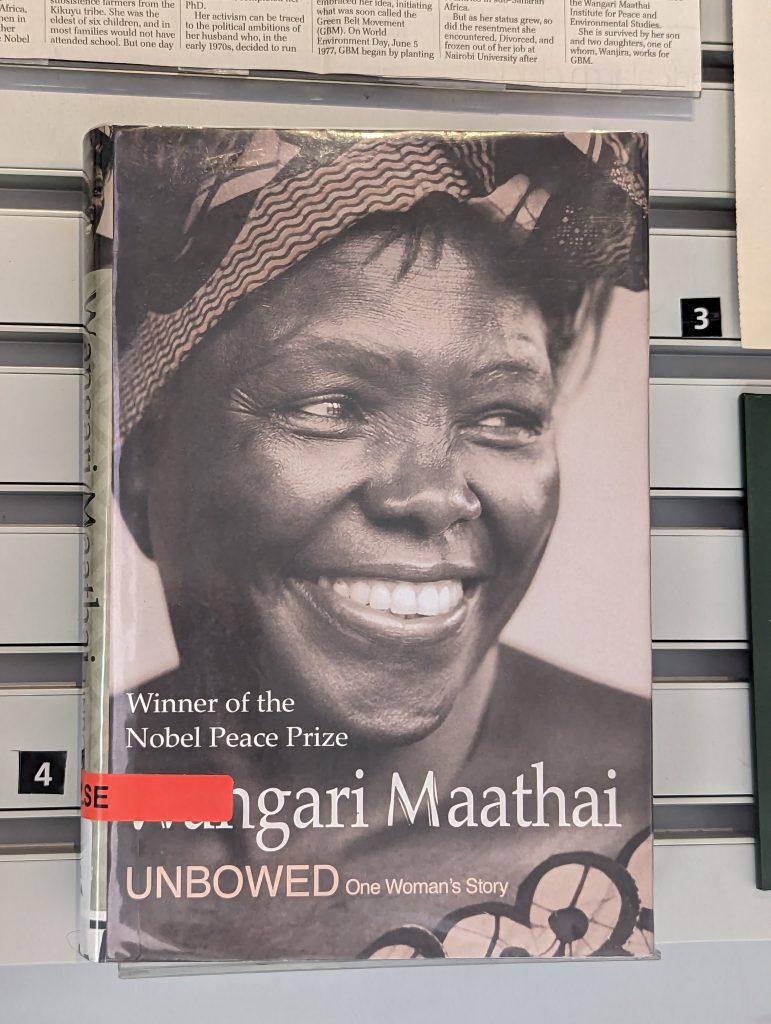
When I began researching for the exhibition, I really loved reading this memoir by activist Wangari Maathai and finding out more about her fascinating life. She founded the Green Belt Movement in Kenya and was the first African woman to receive the Nobel Peace Prize for 2004. There’s a lovely two-minute video on YouTube where she speaks about doing the best you can. The edition that we have on display at the exhibition comes from The Women’s Library collection, and has a bookplate dedicated to the memory of Myra Sadd Brown Memorial Library, who you can find out more about in this online exhibition.
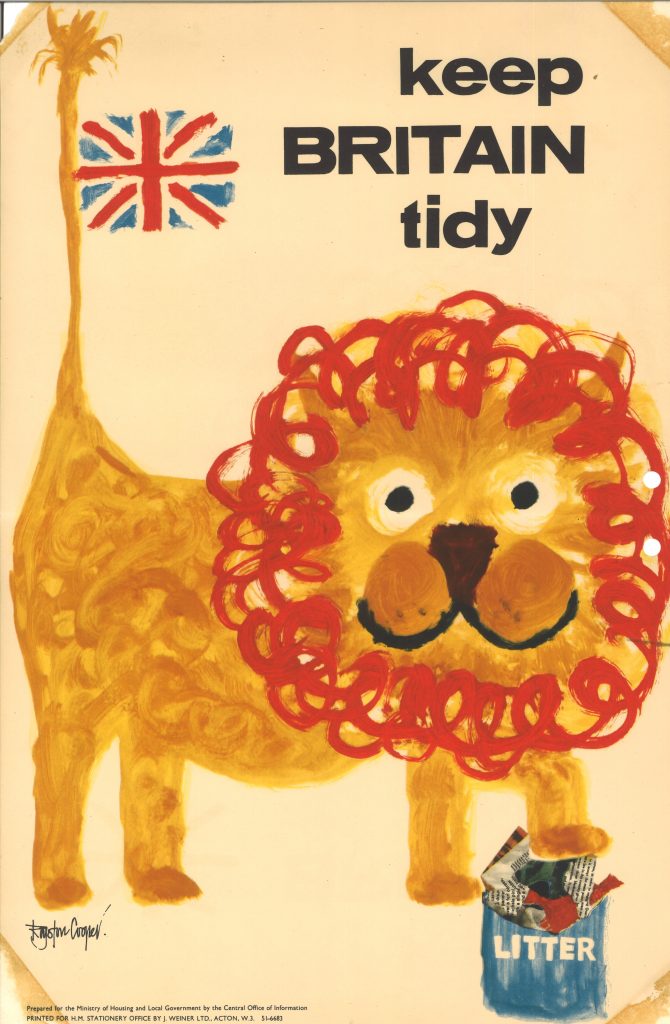
I’m obsessed with this lovely happy picture of a lion! It appears on a ‘Keep Britain Tidy’ poster, part of a campaign that was founded by chair of the Women’s Institutes Lady Elizabeth Brunner. Brunner passed a resolution at the WI in 1954 to establish ‘a campaign to preserve the countryside against desecration by litter of all kinds’. The campaign still exists today, and you can see the famous ‘Tidyman’ logo which still appears on food packaging to encourage people to dispose of waste responsibly. Brunner was appointed an OBE for her work on the ‘Keep Britain Tidy’ campaign, and we have a small set of her papers in the archives here at LSE.
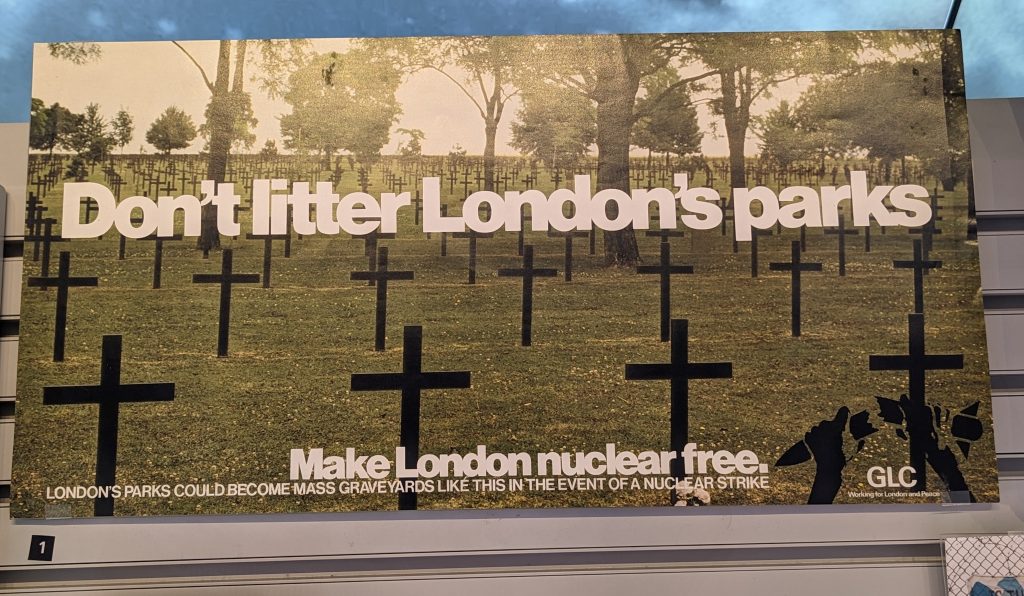
After looking at the material from the ‘Keep Britain Tidy’ campaign, I came across a different use of the word ‘litter’ in this disturbing poster from the Greater London Council. Here the idea of litter is not seen as a problem of keeping the countryside clean but linked instead to the extinction of human life on earth. For me this twist on the idea of ‘litter’ shows how environmental concerns are always also human concerns.
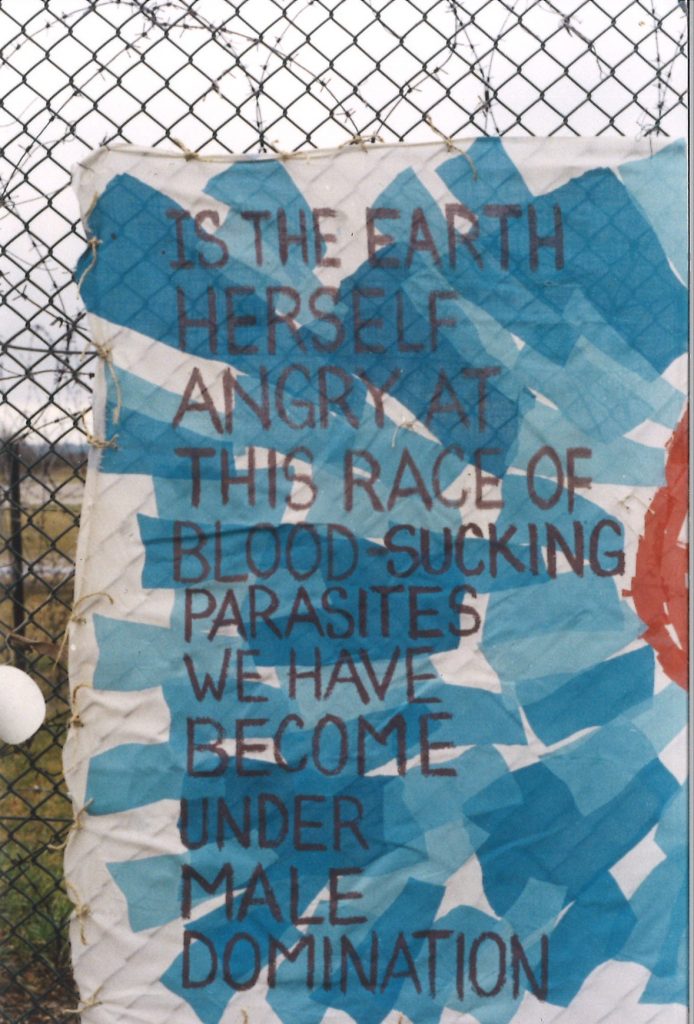
In response to continuing military build-up in the Soviet Union and other satellite states of Central and Eastern Europe, a NATO decision in 1979 led to the deployment of nearly 600 nuclear missiles at six locations across Europe. 96 of these Tomahawk cruise missiles would be distributed at RAF Greenham Common in Berkshire. Each warhead would be capable of causing mass death and unimaginable destruction on a global scale.
In protest against this decision, a Welsh group called ‘Women for Life on Earth’ marched 120 miles from Cardiff to Greenham. On reaching Greenham they chained themselves to the perimeter fence. A peace camp was established and the movement grew over years, finally disbanding in 2000. The women took part in non-violent direct action at Greenham to protest against the missiles, leading to multiple arrests, imprisonments, forced evictions and battles with the police.
This postcard of a banner held at the camp is one of many items donated by the women who experienced the camps and speaks of the relationships between the earth, peace and gender.
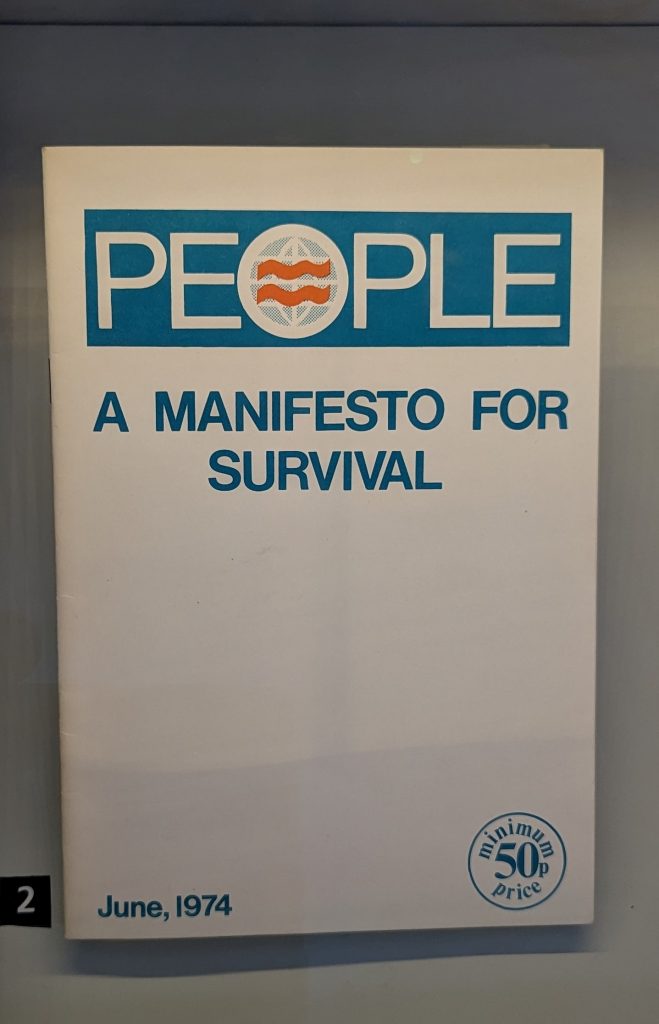
LSE Library has recently become the custodians of the archive of the Green Party of England and Wales. Starting off as PEOPLE, ‘A Manifesto for Survival’ was their first manifesto, published in June 1974 one year after the original four founding members met in a pub in Coventry. It would be very interesting for someone to research this brand new collection to see how policies evolve over time. One of their concerns in this early manifesto was over-population, and amongst other policies the manifesto talks of promoting ‘the ideal family size as one or a maximum of two children’, immigration control to be ‘strictly enforced’ and offering payments to those wanting to leave the country. You can download the whole manifesto from the Green History webpages and you can find information about how to access this brand new archive here.
Note: This post gives the views of the author, and not the position of LSE Review of Books or the London School of Economics and Political Science. Images are provided courtesy of LSE Library/London School of Economics and should not be reproduced without the permission of the copyright holder.


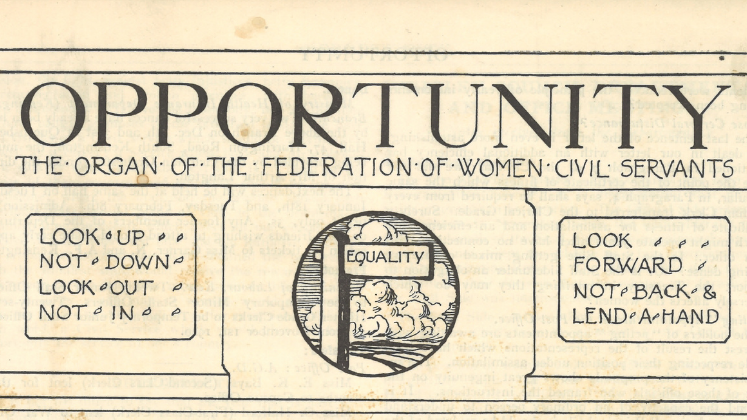
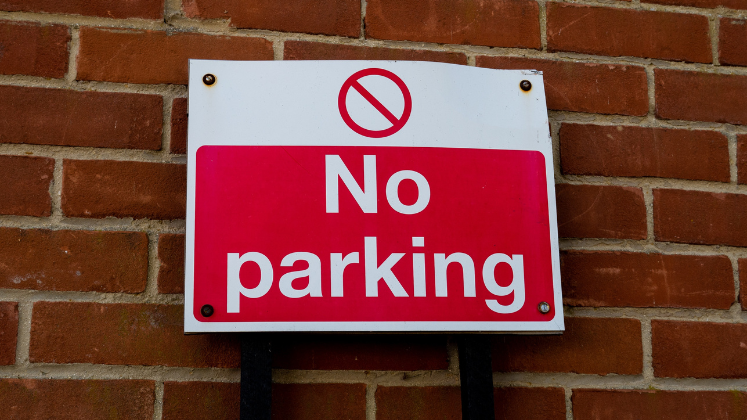
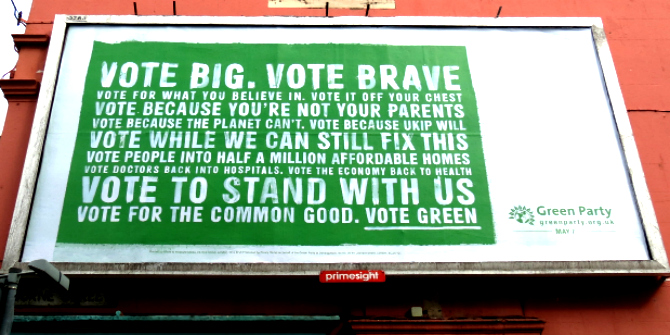


Hello,
A fan from Kenya. I love these insights and they are useful to me in my studies. Big up!